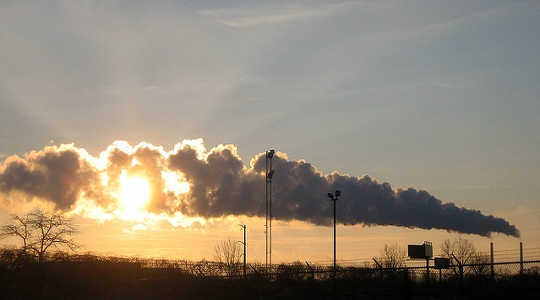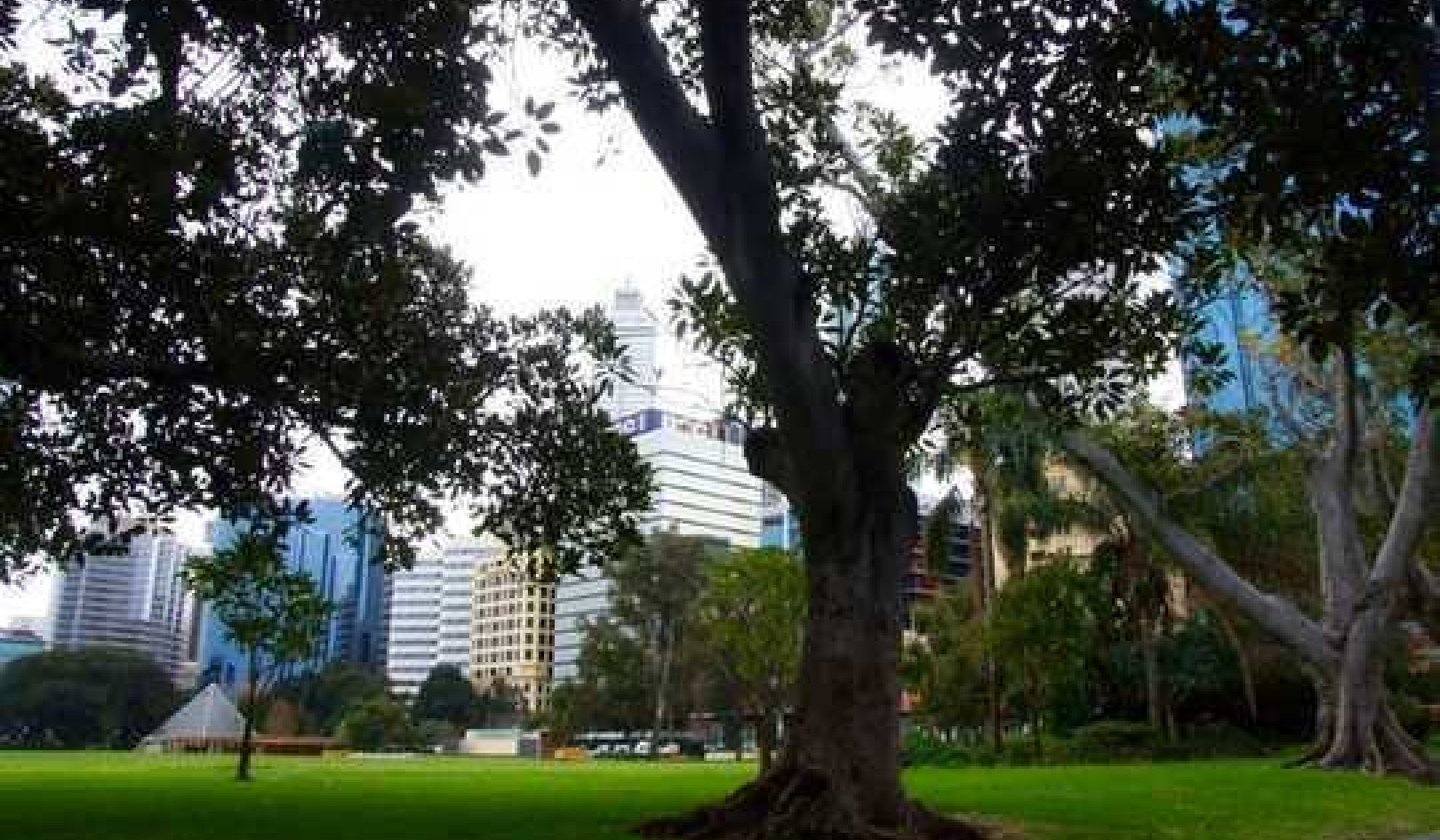
The planet is on course to breach the internationally agreed warming limit of 1.5°C within 10 years, according to new research from Australia.
Australian scientists have warned that planetary average temperatures could breach the internationally agreed target barrier of a 1.5°C rise as early as 2026.
Although global warming is driven by human behaviour – and in particular the prodigal burning of fossil fuels at an ever-accelerating rate to dump ever-greater quantities of carbon dioxide in the atmosphere – it is also influenced by natural climate rhythms.
And, say scientists from Australia’s Centre of Excellence for Climate System Science, one of these is a slow-moving oceanic and atmospheric cycle called the Interdecadal Pacific Oscillation (IPO), which blows hot and cold and then hot again, every decade or so. The latest hot phase could be about to push the global thermometer beyond the ideal limit set by the UN climate conference in Paris in 2015. They write in Geophysical Research Letters that since 1999 the IPO has been perhaps keeping the world cooler than it might have been, as the rate of increase in global warming appeared to slow between 1998 and 2012.
Global records
But the last three years have all breached successive global temperature records, and they think this could mean that the IPO is beginning to have a positive effect.
“Even if the IPO remains in negative phase, our research shows we will still likely see global temperatures break through the 1.5°C guardrail by 2031,” says Ben Henley, of the University of Melbourne, who led the study.
“If the world is to have any hope of meeting the Paris targets, governments will need to pursue policies that not only reduce emissions but remove carbon dioxide from the atmosphere. Should we overshoot the 1.5°C limit, we must still aim to bring global temperatures back down and stabilise them at that level or lower.”
Carbon dioxide levels for most of human history oscillated at around 280 parts per million. Since the beginning of the Industrial Revolution, they have risen inexorably, to reach 400ppm.
“Policymakers should be aware of just how quickly we are approaching 1.5°C. The task of reducing emissions is very urgent indeed”
Global average temperatures have crept up to almost 1°C higher than the historic levels. In fact, the Paris Agreement talked of aiming to keep them “well below 2°C”, but 1.5°C has always been an ideal limit.
Dr Henley and his co-author are not the only scientists to cast doubt on the world’s capacity to achieve the Paris promise. Two of the giants of climate science pointed out within a month of the historic decision that current greenhouse gas emissions would take the world to the 2°C target very swiftly.
Their pessimism has been echoed by British scientists who pointed out that there was already enough carbon dioxide in the atmosphere to breach the 1.5°C guardrail at least for temperatures over land (which accounts for only about 30% of the planet). Other studies have warned that the world will overshoot the 1.5°C ideal, although it might return to this peak by 2100.
So although the latest warning from Australia sounds ominous, it is consistent with other thinking. The nations that signed up to the Paris accord have – mostly – made declarations of their plans to reduce emissions, but many of these have yet to be implemented and in any case are widely understood to be insufficient.
Acceleration in warming
Nor is the latest study without challenge. At least one analysis points out that it starts with the assumption that humankind takes little or no action to reduce emissions. And the Paris target of containment to a 1.5°C rise was intended to be an average over a 20- to 30-year period, rather than a barrier not to be breached in any one year.
So the Melbourne study could best be considered as yet another reminder of the urgency of international action.
“Although the Earth has continued to warm during the temporary slowdown since around 2000, the reduced rate of warming in that period may have lulled us into a false sense of security. The positive phase of the IPO will likely correct this slowdown. If so, we can expect an acceleration in global warming in the coming decades,” Dr Henley says.
“Policymakers should be aware of just how quickly we are approaching 1.5°C. The task of reducing emissions is very urgent indeed.” – Climate News Network
About the Author
 Tim Radford is a freelance journalist. He worked for The Guardian for 32 years, becoming (among other things) letters editor, arts editor, literary editor and science editor. He won the Association of British Science Writers award for science writer of the year four times. He served on the UK committee for the International Decade for Natural Disaster Reduction. He has lectured about science and the media in dozens of British and foreign cities.
Tim Radford is a freelance journalist. He worked for The Guardian for 32 years, becoming (among other things) letters editor, arts editor, literary editor and science editor. He won the Association of British Science Writers award for science writer of the year four times. He served on the UK committee for the International Decade for Natural Disaster Reduction. He has lectured about science and the media in dozens of British and foreign cities.
 Book by this Author:
Book by this Author:
Science that Changed the World: The untold story of the other 1960s revolution
by Tim Radford.
Click here for more info and/or to order this book on Amazon. (Kindle book)




























